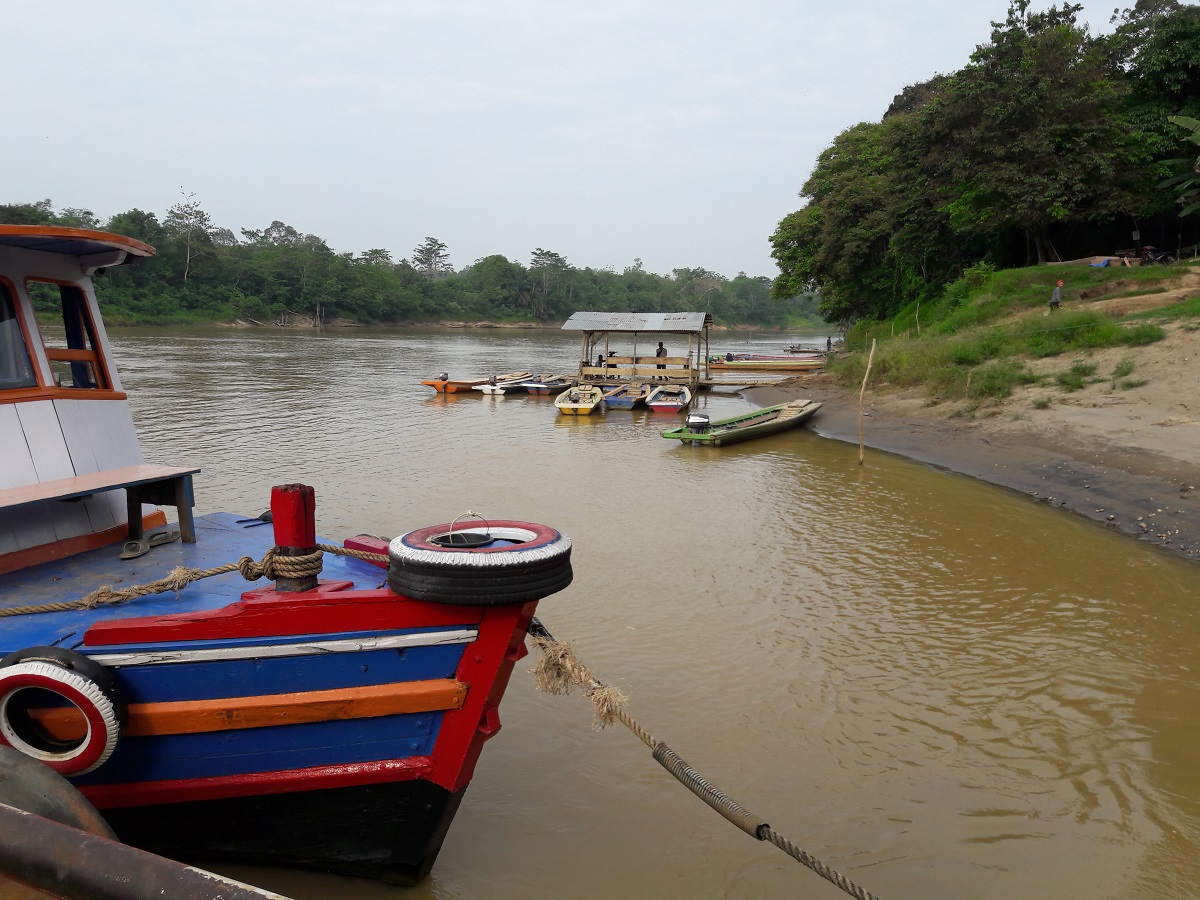
Forests are critically important – they encompass vast terrestrial biodiversity, they are culturally, spiritually and economically significant to millions of local communities, Indigenous Peoples and producers. Because of their role as carbon sinks, the protection and restoration of forests is central to any of humanity’s efforts to mitigate and adapt to climate change.
But deforestation and forest degradation continue at alarming levels; a particular driver is production of commodities such as beef, soy, palm oil and cocoa. Tackling this land use change and achieving sustainable production, trade and consumption is urgently needed. Researchers from NRI’s Sustainable Trade and Responsible Business Development Programme have been exploring tropical forest ecologies, politics, and cultures, engaging on different aspects of forests, land use, land rights and the knowledge, livelihoods and experience of Indigenous Peoples, building on decades of experience in these areas.
During COP26 in November 2021, DEFRA – the UK Government’s Department for Environment, Food and Rural Affairs – announced a second phase of the UK Government’s flagship climate forestry programme, Partnerships for Forests (P4F). Since 2017, Professor Valerie Nelson has been conducting ‘evaluation-for-learning’ on this programme, incorporating a series of studies on P4F interventions, which seek to catalyse investments in sustainable land use and forestry, create forest partnerships, market demand measures and influence policies. The evaluation studies, carried out by Prof Nelson and a team led by LTS-NIRAS International in Indonesia, Brazil and Colombia, have generated findings on the effectiveness of P4F interventions. These findings were fed back into the programme during implementation and to inform future programmes.
The research indicates that the strongest potential for transformative change occurs where there is a holistic and shared vision of the desirable future system, root causes of challenges are identified and there is a design that responds to these aspects by integrating all five impact pathways which target 1) the producers, 2) producers’ organisations, 3) catalyst companies, 4) forest/landscape actors and governance systems, 5) enabling conditions to support scaling and systemic change; or ensures that other actors are covering areas beyond the scope of the specific programme’s interventions.
The studies highlight the need for greater attention in conservation finance and tropical forest landscape approaches to issues of equity, the terms of incorporation of smallholders and harvesters, including informal workers, gender issues, influencing policy through social learning processes, improving monitoring and evaluation systems and ways to assess the potential for transformative change and achievements. The team’s report on transformative change, led by Prof Nelson, informed UK government thinking in advance of COP26, highlighting the need for combinations of interventions across production/extraction, trade, investment, governance and consumption aspects of the food and agriculture system.

